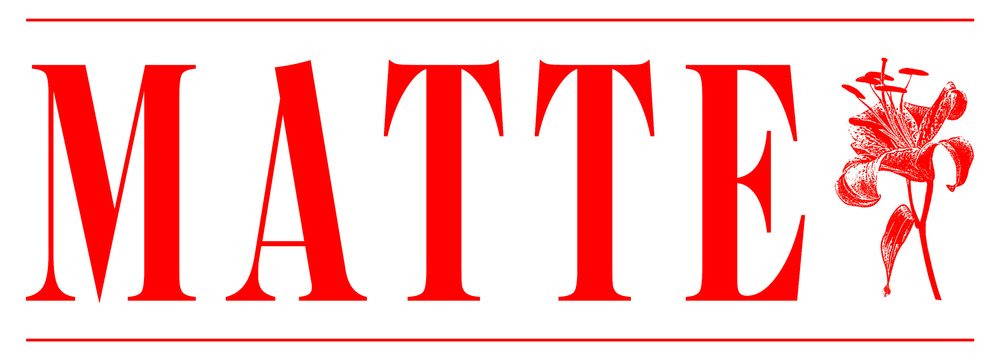MATTE Magazine Issue 58: Shohei Miyachi
MATTE Magazine Issue 58: Shohei Miyachi
MATTE Magazine Issue 58: Shohei Miachi
60 pages, color, 11x8.5 inches horizontal
Essay by Svetlana Kitto
Photographs from the series RAKUEN
In his bold, graphic style and intimate, charged content, Shohei Miyachi mines the legacy of the Japanese Provoke generation, created by such photographers of the late 60’s as Daido Moriyama and Shomei Tomatsu, who looked critically at the uneasy postwar drift towards Americanization while reflecting the changing norms of social interaction. In looking into the collective id, Kohei Yoshiyuki also comes to mind, with his series The Park, photographs of sex in public parks from the 70’s.
An encounter with an elderly man in Chelsea propelled Miyachi into his first simulated pictures of sex between men in 2013. Miyachi was, at the time, a senior at School of Visual Arts. He spent most of the year staging photographs in which his own youthful body was entangled with the aging body of his admirer. As visceral as they were, they stopped short of consummation. They represented an idea about sex, but not the real thing, a performance for the camera, the instrument and witness to a speculative confrontation. During the same period, he began to frequent peep shows in Queens where men were separated by the slatted partitions of cubicles; the faces and exaggerated gestures of desire are grotesque and ecstatic. They are also performing for the camera, and amid the blurred circles of confusion and ambient colored lights, their angst arrives with an eerie glow.
Returning to Japan, Miyachi discovered movie theaters where men cruised and had sex in the dark, among the seats, in front of the screen, and in the back of the theater. He came often, getting to know the regulars. He calls this series Rakuen, which translates as Paradise.
In Issue 58 of Matte, he tells Svetlana Kitto: “I wanted to give this world a positive description. For the people in the photographs, these theaters are actually paradise, a kind of heaven.” The context is reminiscent of Taiwanese filmmaker Ming-liang Tsai’s 2003 film, Goodbye, Dragon Inn, which depicts the routine days of an old movie theater that is closing. The theater where Miyachi photographed, in central Tokyo, closed within a month of his going there, but he found other ones.
Release and control, fantasy and desire, imagined and portrayed in the context of prohibition, taboo, and pandemic, these are some of the themes of the works that accompany the release of the 58th issue of Matte, an introduction to the work of Shohei Miyachi.
—Allen Frame
*international orders can be placed by clicking HERE.








